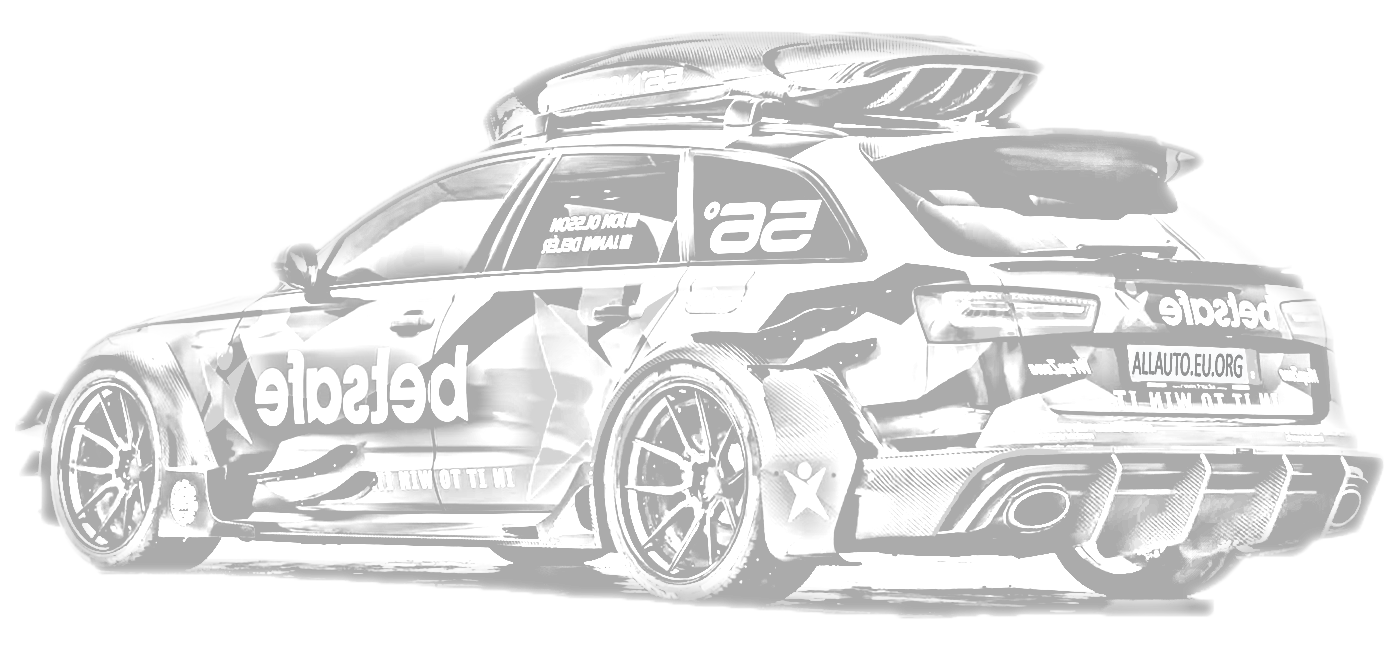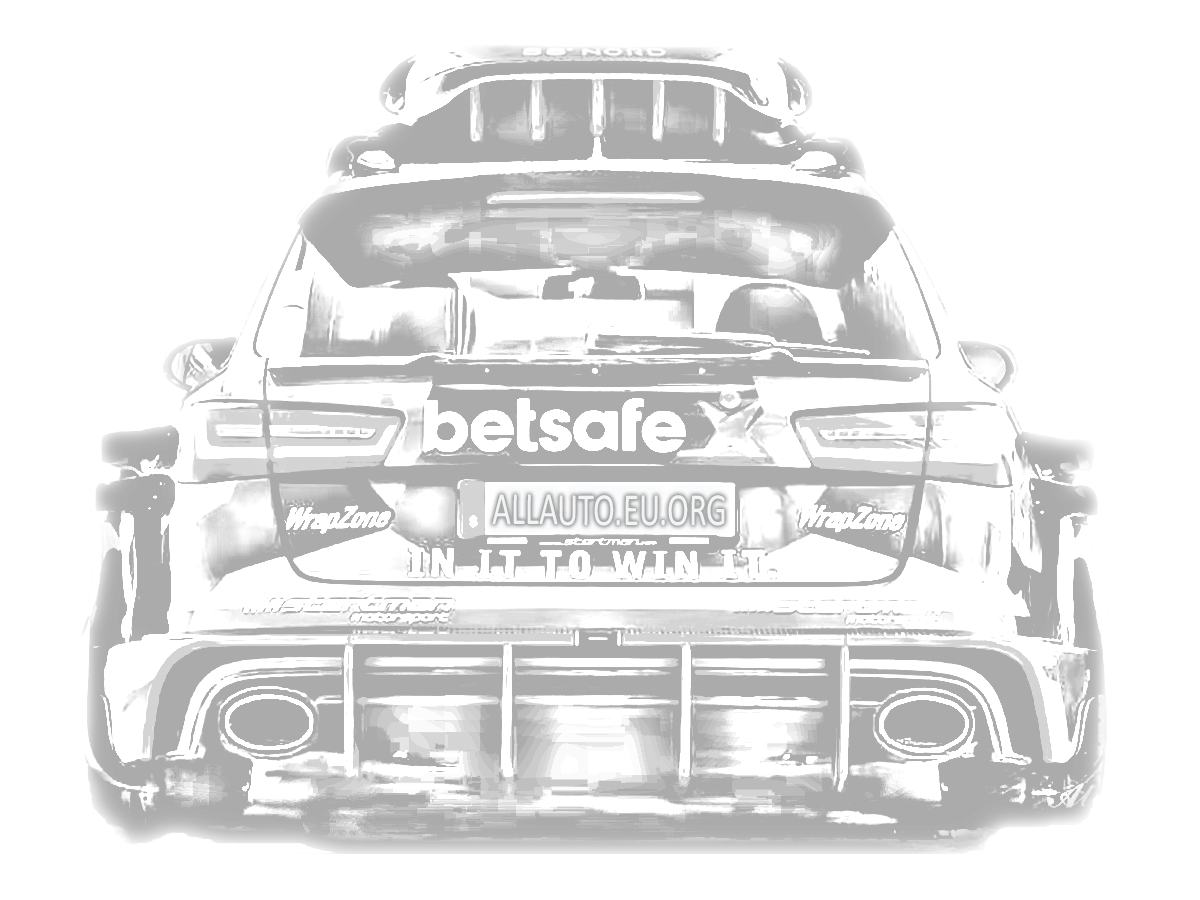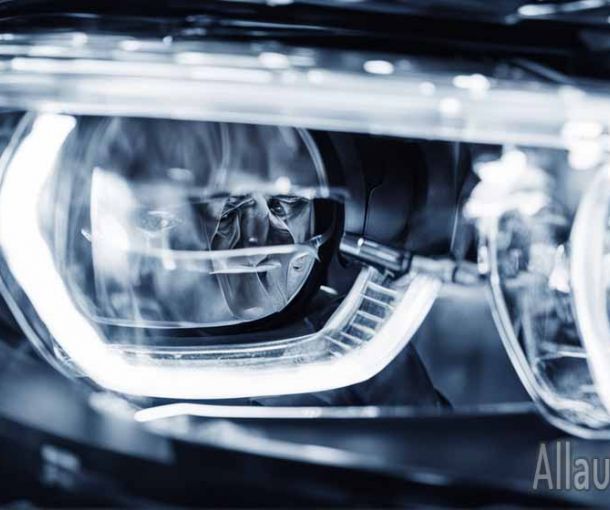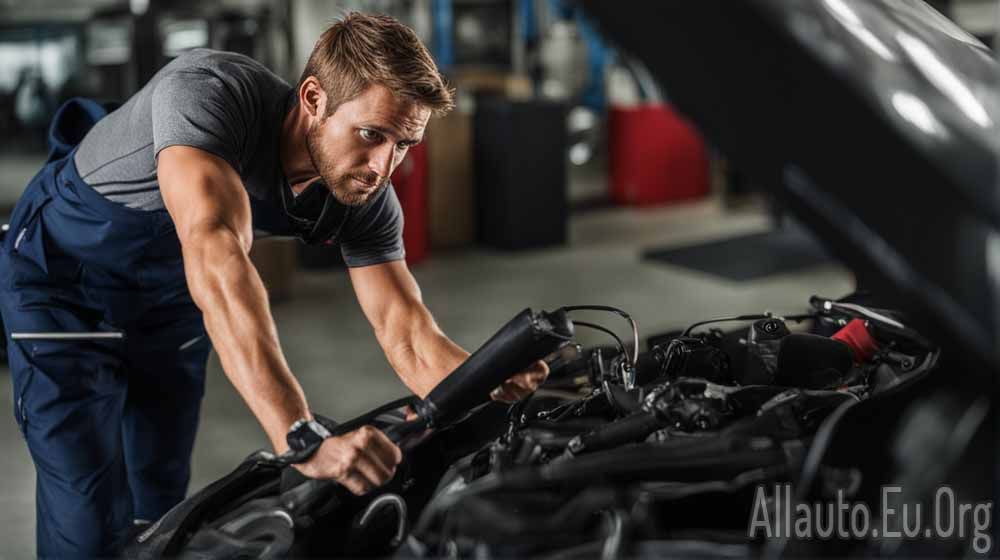

Auto Maintenance for Performance Cars: Tips for Maximum Power and Speed

If you own a performance car, you know that keeping it in top condition is essential for maximum power and speed. Regular maintenance is crucial for ensuring that your vehicle performs at its best, and neglecting it could lead to significant problems down the line. In this article, we'll cover some essential auto maintenance tips that will help you get the most out of your performance car.
-
Change the Oil Regularly
The oil in your engine lubricates the moving parts, reduces friction, and prevents wear and tear. Over time, it breaks down and becomes less effective, so it's important to change it regularly. For performance cars, the recommended interval is typically every 3,000 miles, although you should check your owner's manual for specific guidance.
When choosing an oil, go for a synthetic blend or full synthetic oil as they offer better performance and protection for high-performance engines. You may also want to consider using an oil with a higher viscosity rating for added protection.
-
Keep the Air Filter Clean
The air filter is responsible for keeping dust, dirt, and debris from entering the engine. A clogged air filter can reduce airflow and cause the engine to work harder, which can result in reduced power and fuel economy.
To keep your air filter clean, inspect it regularly and replace it as needed. You may need to do this more frequently if you drive in dusty or dirty environments.
-
Check the Spark Plugs
Spark plugs ignite the fuel in your engine, so they play a vital role in performance. Over time, they can become fouled with deposits or wear out, which can lead to misfires, reduced power, and poor fuel economy.
Inspect your spark plugs regularly and replace them as needed. For performance cars, consider using high-performance spark plugs that are designed to handle the increased heat and stress of high-performance engines.
-
Maintain the Cooling System
The cooling system in your car helps regulate the engine's temperature, which is essential for optimal performance. Over time, coolant can become contaminated or break down, which can cause the engine to overheat and reduce power.
To maintain your cooling system, flush the coolant and replace it as recommended by the manufacturer. You should also inspect the radiator, hoses, and water pump for signs of wear and tear.
-
Check the Battery
The battery provides the electrical power your car needs to start and run. A weak or dead battery can cause performance problems and even leave you stranded.
To avoid this, inspect your battery regularly and replace it as needed. You may also want to consider upgrading to a high-performance battery that is designed to handle the increased demands of performance cars.
-
Inspect the Brakes
Brakes are essential for safety and performance. Worn or damaged brake pads can reduce stopping power and increase stopping distances, which can be dangerous at high speeds.
Inspect your brakes regularly and replace the pads and rotors as needed. You may also want to consider upgrading to high-performance brake pads and rotors that are designed to handle the increased stress of performance driving.
-
Use High-Quality Fuel
The fuel you use can have a significant impact on performance. High-quality fuel with a high octane rating can improve power and acceleration, while low-quality fuel can reduce performance and cause engine damage.
When choosing fuel, go for a high-quality option with a high octane rating. You should also avoid cheap or discount fuel as it may contain contaminants that can harm your engine.
-
Monitor Tire Pressure and Alignment
Tire pressure and alignment can have a significant impact on performance and handling. Low tire pressure can reduce fuel economy, increase tire wear, and affect handling, while improper alignment can cause uneven tire wear and affect handling and stability.
To maintain optimal tire pressure and alignment, check your tire pressure regularly and adjust it as needed. You should also have your alignment checked and adjusted by a professional mechanic as recommended by the manufacturer.
-
Keep the Transmission Fluid Fresh
The transmission is responsible for shifting gears and transferring power from the engine to the wheels. Over time, the transmission fluid can become contaminated or break down, which can cause shifting problems, reduced power, and even damage to the transmission.
To keep your transmission in top condition, change the fluid and filter as recommended by the manufacturer. For performance cars, you may want to consider using a synthetic transmission fluid that offers better performance and protection.
-
Store Your Car Properly
If you store your performance car for an extended period, it's important to take steps to ensure that it stays in top condition. Proper storage can help prevent damage and ensure that your car is ready to perform when you take it out of storage.
To store your car properly, clean it thoroughly, change the oil and filter, and fill the tank with high-quality fuel. You should also disconnect the battery and use a battery tender to keep it charged, cover the car with a breathable cover, and store it in a dry, climate-controlled location.
-
Keep the Suspension System in Good Condition
The suspension system helps absorb shocks and vibrations, and it plays a crucial role in handling and stability. Worn or damaged suspension components can reduce performance and cause handling problems, which can be dangerous at high speeds.
To keep your suspension system in good condition, inspect it regularly and replace any worn or damaged components as needed. You may also want to consider upgrading to high-performance suspension components that are designed to handle the increased stress of performance driving.
In conclusion, proper auto maintenance is crucial for getting the most out of your performance car. By following these tips and staying on top of your car's maintenance needs, you can help ensure that your vehicle performs at its best and stays reliable and safe on the road. Remember to consult your owner's manual for specific maintenance recommendations and always seek the advice of a professional mechanic if you have any questions or concerns.
In summary, auto maintenance is essential for ensuring maximum power and speed for your performance car. Regular oil changes, air filter cleaning, spark plug checks, maintaining the cooling system, and keeping the battery, brakes, and tires in good condition are essential. Using high-quality fuel, monitoring tire pressure and alignment, keeping the transmission fluid fresh, and storing your car properly are equally important. Don't forget to keep the suspension system in good condition for improved handling and stability.
Tags
Latest Articles

Most Read
All Tags
Subscribe
Donate
Please consider supporting our efforts.
© 2023 All-Auto.ga All rights reserved.










